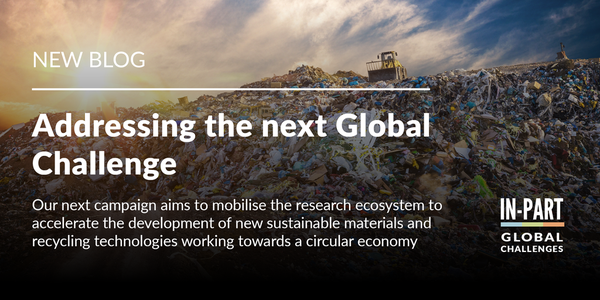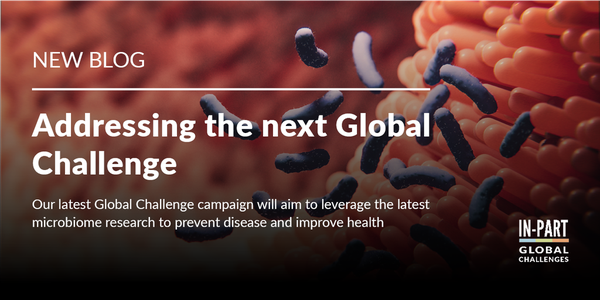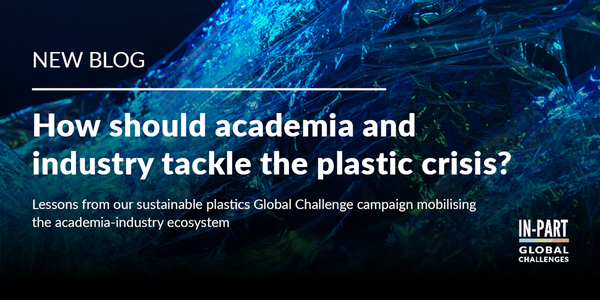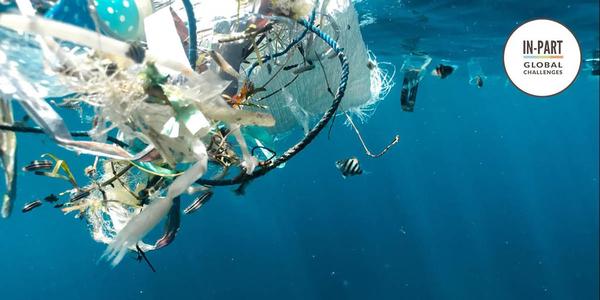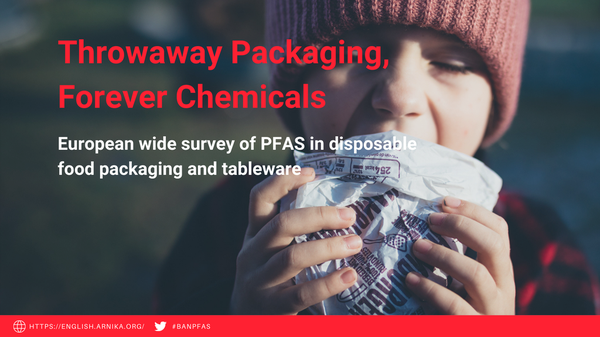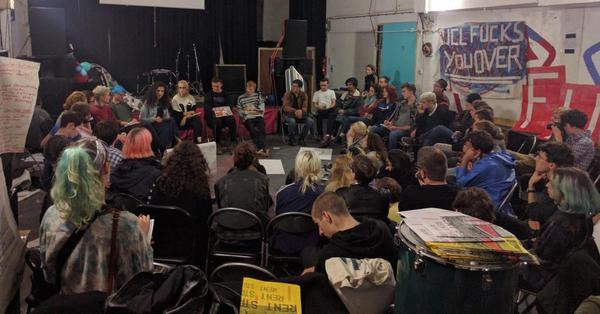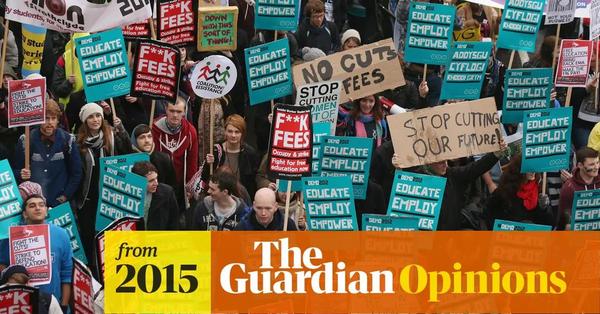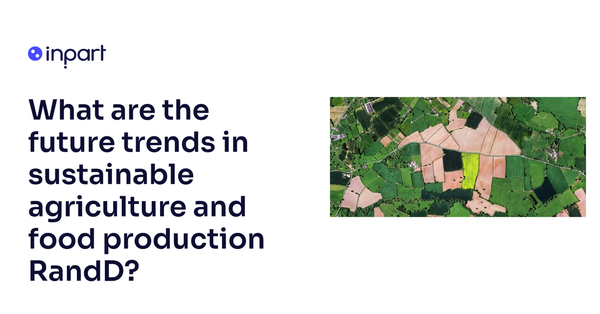
What are the future trends in sustainable agriculture and food R&D?
It’s estimated that food production will need to increase by 70% by 2050 to feed the growing global population. Yet, much of the world’s arable land is already at full capacity, with non-renewable natural resources being depleted, and crop yields stagnating or falling. Our current food production methods already contribute to 34% of greenhouse gas emissions globally, which could add nearly 1 °C to global temperatures by the end of the century, 75% of which is driven by foods that are high source...


